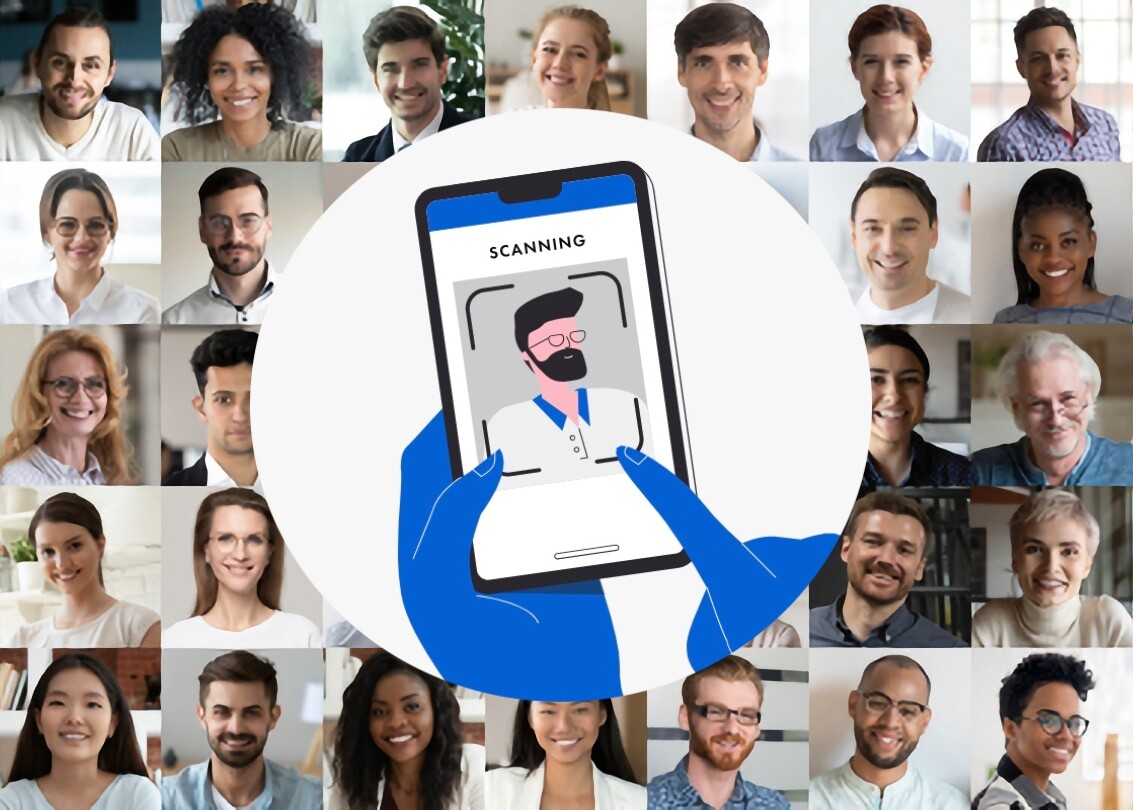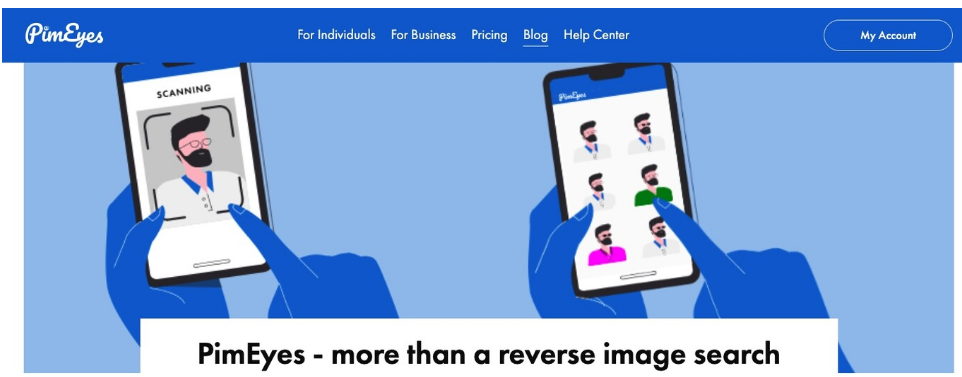
When we say that “they have us under surveillance,” we usually think of governments or large companies. Still, tools are available to anyone with such advanced facial recognition that it is scary. A few years ago, we were surprised by a Russian search engine, but the web that concerns us today is very far from what we usually see and several levels above.
When we put a photo of ourselves on Google or other tools, sometimes it hits the mark, and many times it doesn’t. This is not the case with PimEyes, a website with facial recognition technology that offers surprising precision.
PimEyes: finding photos of anyone in a few seconds
PimEyes presents itself as a face finder. So far, everything is quite common, but the main difference is that this tool allows you to upload any photo, produces some very accurate results, and is free for the first searches. As soon as we try it, we realize the tool’s power; of payment services.
This Polish company includes the search for ‘ revenge porn ‘ among its payment options. That is, it scans the entire web to detect if someone has uploaded a new photo of ours. As they defend from the company, they are “the most effective tool to apply the GDPR and request the removal of images.” A mechanism that can also be used to identify if an image of ours has been used in a meme.

PimEyes combines “reverse image search, machine learning, and facial recognition” to find photos that contain the same face as your uploaded image. From Xataka, we have tested the service, and the result leaves no room for doubt. Despite uploading a slightly different-looking photo, the first few images came out correctly.
The search engine returns photos in descending order of hit percentage. If, for example, we upload an avatar, the first photos will probably be the same image, and then it goes down until it reaches older images. Surprisingly, it offers unusual images or images that did not have much impact.
In a few seconds, it can offer hundreds of our photos, and a link accompanies them. However, only in the paid version can the link be opened. The tool tracks public sites, so if an image is on Instagram or Facebook and not accessible by third parties, it will not be displayed, as defined by PimEyes’ privacy policy.
PimEyes isn’t as powerful as Clearview AI, the facial recognition system used by intelligence agencies and some police forces, but it’s accessible to anyone. Simply by having a photo of someone, we can obtain a history of their images with enough information to find out who they are.
With a $29.99/month subscription, you can do up to 25 advanced daily searches and receive alerts when a new face photo has been uploaded. These advanced searches allow you to click on the links, select the time, size, language, or filter by domains. For $79.99 per month, it allows blocking images and sending notices to apply the “right to be forgotten.”
PimEyes works with Periscope, a common software for researchers that allows applying facial recognition inside documents and videos.
A powerful facial recognition that highlights the problems of this technology
As the tool explains, uploaded images “are never saved or indexed.” To apply facial recognition, the “fingerprint of the face” is used
The tool has been available since March 2017, but in mid-2020, it was bought by the current owners without specifying more details about its origin. “It is naive to think that if our search engine did not exist, stalkers would not break the law,” the company explained to CNN. According to data published by the website, in April 2020, they had already analyzed more than 900 million faces.
“PimEyes is a broad attack on anonymity and possibly illegal. A photo can be enough to identify a stranger using PimEyes. You don’t directly provide the name of the person you’re looking for. However, it finds matching faces, and in many cases, the websites shown can be used to find out names, professions, and much more,” they say from Netzpolitik.org, which has investigated their use and warns of the dangers of this type of tool.

Sharlene Meriel is an avid gamer with a knack for technology. He has been writing about the latest technologies for the past 5 years. His contribution in technology journalism has been noteworthy. He is also a day trader with interest in the Forex market.










